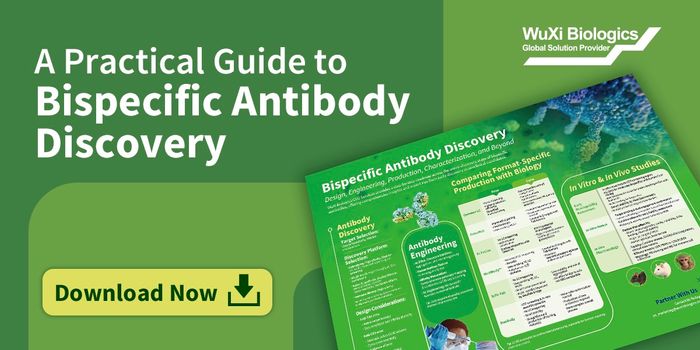New Links Between Prostate Cancer Therapy and Depression
According to 2021 estimates, prostate cancer will account for more than a quarter of the cancer diagnoses and over 10% of the cancer-related deaths among men in the United States. Oncologists typically treat primary, metastatic, and recurrent prostate cancers with regimens containing hormone therapy. Hormone therapy depletes androgens, male sex hormones, from the body. Androgens promote prostate cancer growth, so androgen depletion deprives the cells of stimulation needed to grow and survive.
Hormone therapy, also called androgen deprivation therapy (ADT), can be achieved through various methods depending on the patient and prostate cancer presentation. Surgical castration removes the testicles preventing the generation of androgens. Drugs called luteinizing hormone-releasing hormone (LHRH) agonists, sometimes referred to as medical castration, can significantly reduce the androgens produced by the testicles without surgical removal. Anti-androgen (AA) drugs, which block androgens from binding their receptors on prostate cancer cells, also inhibit cancer cell growth.
Surgical castration, medical castration, and anti-androgen treatment generate very high response rates. However, men with advanced prostate cancer often progress to castration-resistant disease and no longer respond to hormone therapies. The Standard of care treatment for castration-resistant prostate cancer (CRPC) is second-generation AA drugs, and these drugs display greater efficacy and potency than traditional AA drugs.
Previous studies have linked ADT to depression among prostate cancer patients. However, whether an association between second-generation AA drugs and clinical depression exists remains unclear. A manuscript recently published in JAMA Network Open addressed the potential links between second-generation AA drugs and depression in prostate cancer patients. The researchers collected data from the Surveillance, Epidemiology, and End Results (SEER) and Texas Cancer Registry databases. The study divided patients into three treatment groups: (1) no hormone therapy, (2) traditional hormone therapy, and (3) second-generation AA group.
From these databases, the researchers identified over 30,000 prostate cancer patients who were at least 66 years old, had no prior use of hormone therapy, and had never been diagnosed with depression. Approximately 59% of the patients received no hormone therapy, 38% received traditional hormone therapy, and 3% received a second-generation AA.
The patients receiving a second-generation AA tended to be older and present with more advanced disease than those receiving traditional hormone therapy or no hormone therapy. Statistical modeling demonstrated that patients treated with second-generation AAs had a more than twice the risk of developing depression.
As prostate cancer diagnoses remain prominent, the development of CRPC continues to be prevalent. Subsequently, the use of second-generation AAs is on the rise. Thus, developing a clear understanding of the links between depression and second-generation AAs and depression will significantly impact public health. The authors suggest that incorporating early depression screening into patients' treatment plans using second-generation AAs could improve the quality of life in this vulnerable group of patients.
Sources: CA, JAMA, Prostate Cancer and Prostatic Dis, Frontiers Oncol, JAMA Network Open









